“People in the village would mock me and say, why is she leaving her responsibilities at home to become a teacher? Why is she neglecting both her husband and children?” Ekram Abdel Baset tells Egyptian Streets, “but it was my husband that supported me. We both moved together step by step until we created a secure livelihood for ourselves and our children.”
The stories we tell today determines our future tomorrow. Abdel Baset’s story is not just one to be told, but to be shared and documented. Stories that explore how they can break traditions, stereotypes, and create a new narrative on women in Upper Egypt that can be the foundation for other women in the future.
Located in the small village of Al Boghdadi in Luxor, Abdel Baset is one of the many of women who have been striving to change the narrative for women, from one that is too focused on their role as mothers and housewives to one that also includes their role in the labor force and transforming society as a whole. In partnership with the World Food Programme and the Ministry of Agriculture, Egypt’s Ministry of International Cooperation announced on September 20 expansions of rural community projects from sixty villages to 500, increasing the number of people benefiting to one million by 2023.
Two projects focus primarily on women and girls, such as the ‘She Can’ women empowerment and livelihood programme as well as community smart schools. “All projects aim to integrate gender equality and women’s empowerment, and this has been put in place to ensure real community transformation, so that every individual in the household benefits,” Menghestab Haile, World Food Programme (WFP) director in Egypt, says.
As of today, ‘She Can’ has built entrepreneurial capacities of 102,000 women, of which more than 33,000 received micro-loans to start their own businesses.
However, unemployment continues to be significantly higher amongst women than men, with 25.3 percent compared to males 8.5 percent. Child marriage, gender-based violence and cultural constraints are also major challenges that cannot be understated or overlooked, and coverage of legal services is a major need for women victims of violence to raise their awareness on the legal support services available.
Below are a few stories of women that are eager to get their voices heard.
EKRAM ABDEL BASET
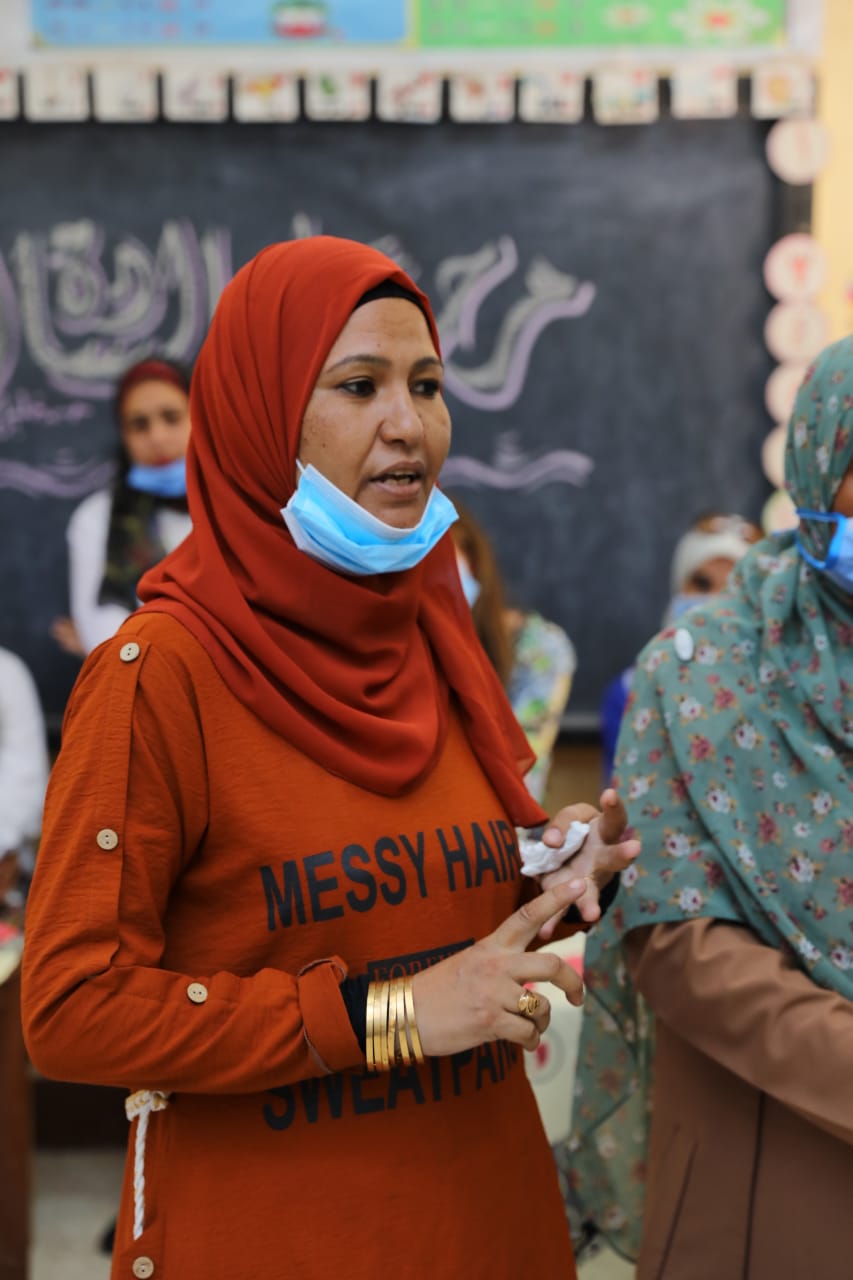
Ekram Abdel Baset is a teacher at one of the community smart schools in her village; she has been working there for over 20 years since 1998.
Her story starts with a hopeful beginning: she began studying her first year at university and was eager to continue her higher education, but due to difficult economic constraints and the unfortunate passing away of her father, her mother preferred to prioritize the education of her sons, Abdel Baset’s brothers.
“This really broke me; I felt that my dreams to excel in higher education were over. I am very passionate about education and it was my goal,” she says, “but then, coincidentally, I heard of the community school projects in our village, and I decided to go and see if I can have an opportunity there as a teacher.”
Her desire to work as a teacher was met with hostility, she says. “People in the village would mock me, ask me why I should leave my home responsibilities to become a teacher. But it was my husband who encouraged me. He was my main source of support, and we both moved slowly step by step together.”
She insisted on later continuing her university education as she was supporting her four children. “My family helped me raise my children; this allowed me to continue my education. We all worked together, and this is what helped me eventually achieve what I wanted.”
Using her own story as a model, Abdel Baset says that she is keen on teaching other girls the importance of having commitment and dedication. “I am not just teaching them a curriculum, but also values and life skills. I want to make sure that they also never lose hope,” she says.
However, Abdel Baset faces more challenges with families than with the young girls. “I face a lot of difficulties in convincing parents to send their kids to school. Child marriage is a huge problem, and we hope that a secondary school for girls opens in the area so that the culture of secondary education for girls develops,” she adds.
“My biggest hope is for education and knowledge to continue to flourish in our village.”
LAILA MAHMOUD
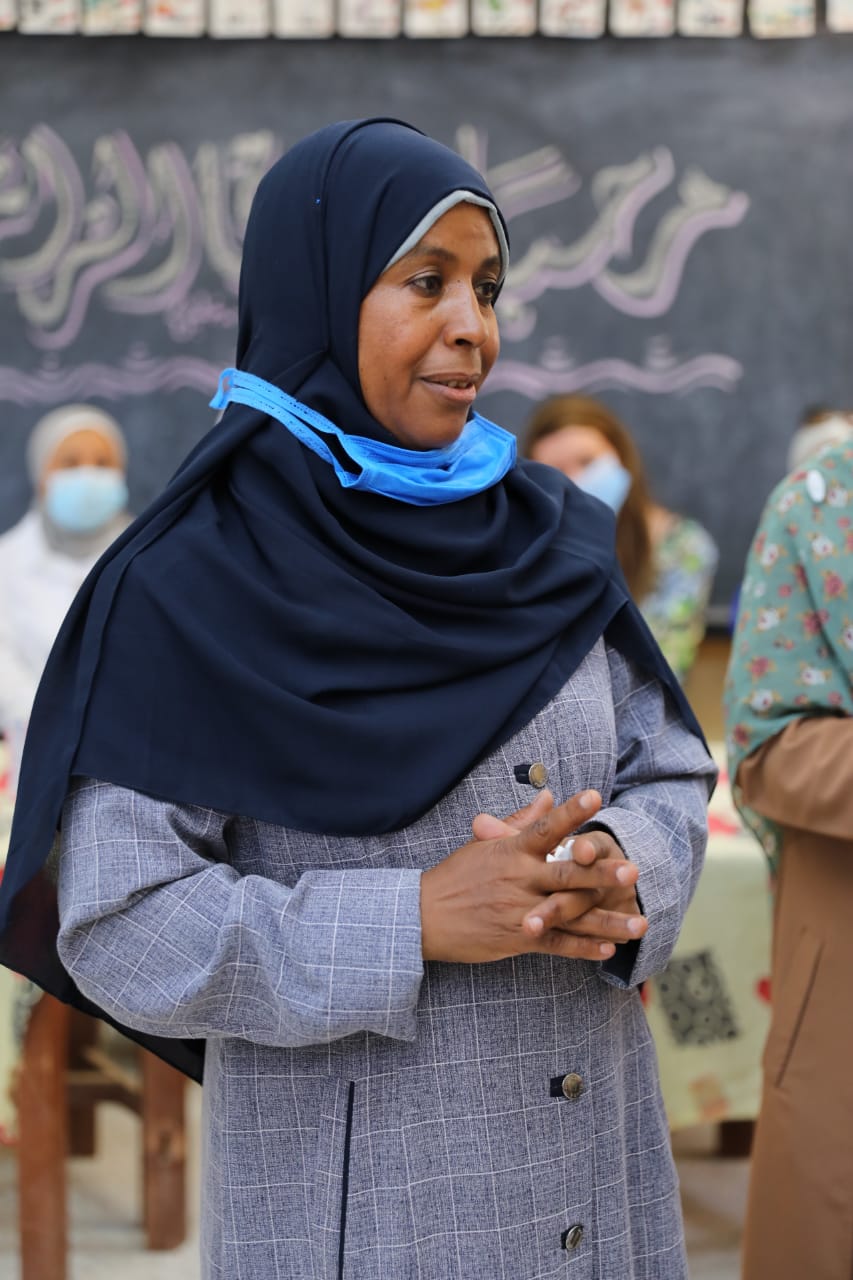
As a university graduate in law, Laila Mahmoud is also an avid believer in education, and particularly girls’ education.
Her main backbone was her father, who dedicated all of his hopes on her, she says. “My father dedicated his life for me. He pinned all of his hopes to help give me a different future. I am who I am today because of him,” Mahmoud told WFP.
Following her university education, she became a teacher at one of the village’s smart schools, which offers a chance for an education to children living in rural remote areas. Since January 2019, 57 new community smart schools were established benefiting more than 2,000 women and youth.
“I want to help other girls also receive an education and create a spillover effect – starting from me, to them, and then to future generations,” she says, “this school represents one of the rare opportunities for learning for many girls.”
However, one main obstacle is transportation, as the nearest school is usually two to three kilometeres away, and most families fear risking the safety of their girls by sending them out on long walks to attend school.
To provide incentives to send the girls to school, WFP has been providing cash transfers or a school feeding programme to cover the students’ nutrition and reduce food insecurity for many families in Upper Egypt, increasing food security for more than 460,000 family members.
Nevertheless, Mahmoud, along with Abdel Baset, stress on the need for further awareness seminars and trainings for mothers in particular, who represent the backbone of the Egyptian household.
“Mothers need to be more aware of the importance of education. It is understandable that the economic constraints push some families to send their kids to work, but there is also the problem of awareness. Mothers never speak out when we tell them to try and convince their husbands to send their children to school,” Mahmoud says.
WHY INVESTING IN PEOPLE IS KEY TO ACHIEVING DEVELOPMENT
#Egypt: Beyond food, there’s hope. 💛🌻
Food is powerful. It builds peace, promotes stability and brings opportunity. Above all, it paves the way to a brighter future.
Check out this incredible video of @WFP ‘s partnership with @MOICEgypt: changing lives together since 1968! pic.twitter.com/eXO9hLiuaV
— World Food Programme (@WFP) September 21, 2020
In celebration of the UN’s 75th anniversary, Egypt’s Ministry of International Cooperation produced a video entitled ‘Beyond Food’ in partnership with the WFP, showcasing the history of Egypt’s partnership with its development partner to end hunger and transform communities.
It is becoming increasingly known that investing in people, and particularly women, is a main determinant of sustainability. In a paper titled ‘Human Capital and Sustainability’, Jacobs and Slaus note that “development of human capital is the critical determinant of long-term sustainability”, adding that through an examination of linkages between population, economic development, employment, and education, the “emergence of mentally self-conscious individuals will be the most effective approach for ensuring a sustainable future.”
In other words, economic development is impossible without human development, as social entrepreneur Craig Kielburger says. “I believe this is the new model of scalable development the World Bank is calling for, shifting the focus from physical capital — like roads, bridges and airports — to investments in health and education,” he adds.
It is important to always look beyond – to acknowledge that there is a lot of human potential waiting to be untapped, and a lot of stories to be documented to understand the challenges and the opportunities to move forward.
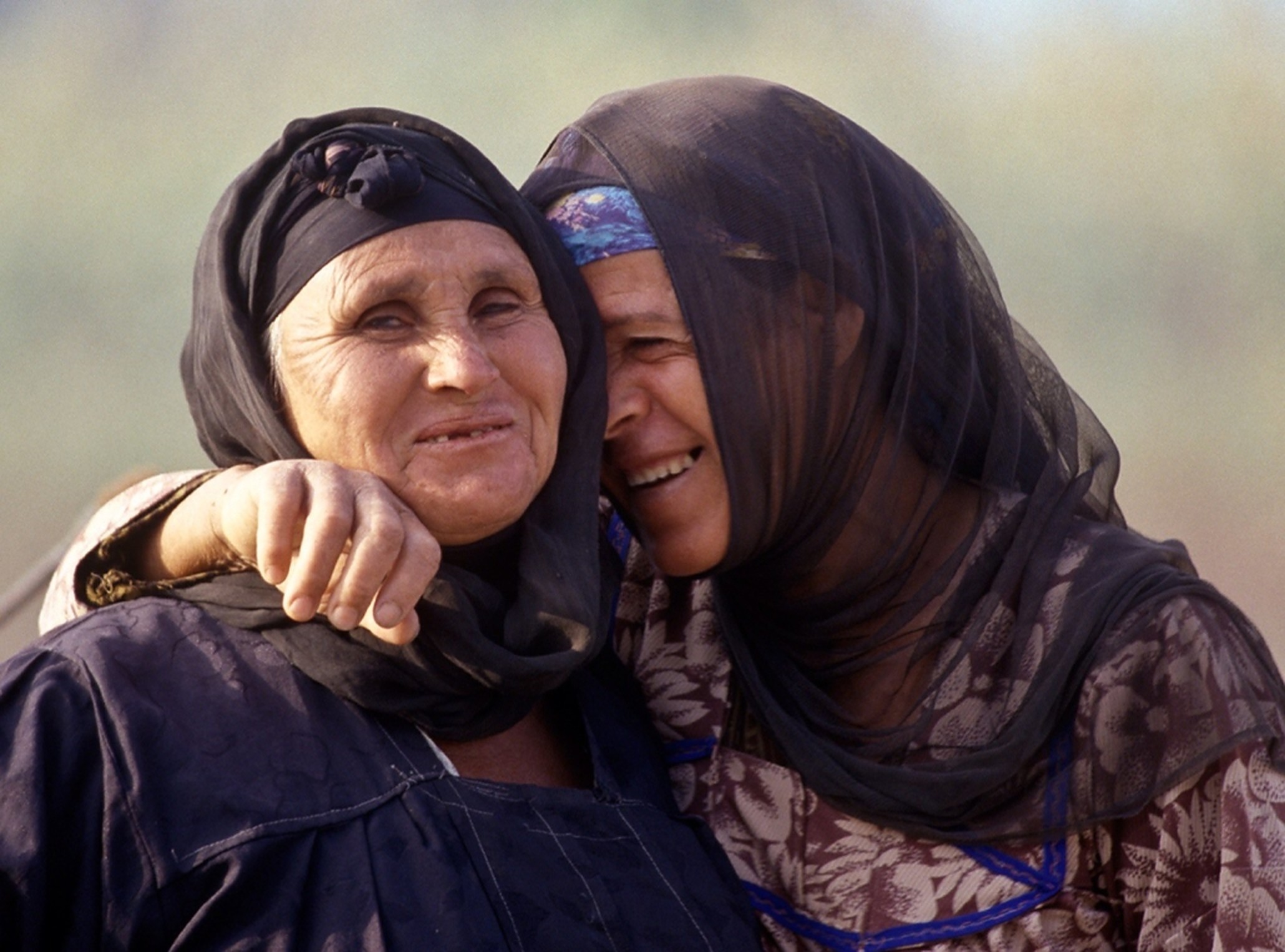



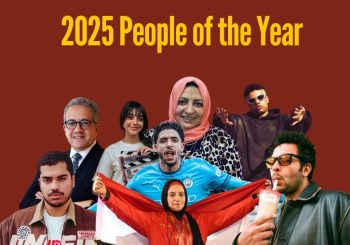

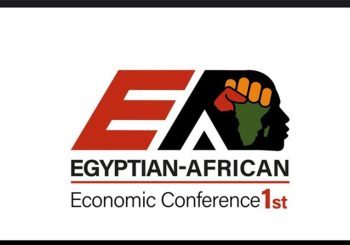
Comment (1)
[…] Paving the Road for Women: Meet the Heroines of Upper Egypt […]